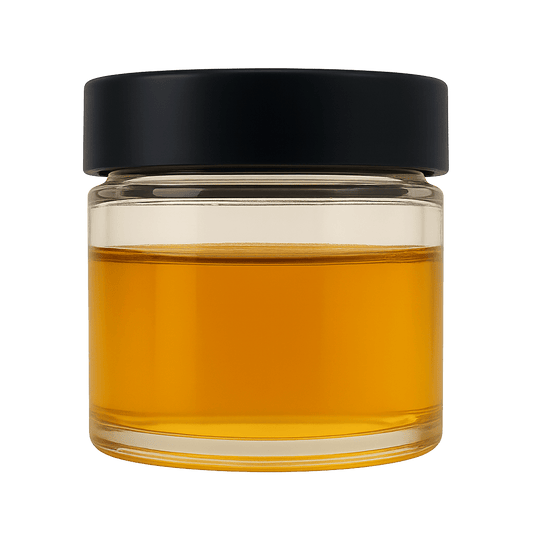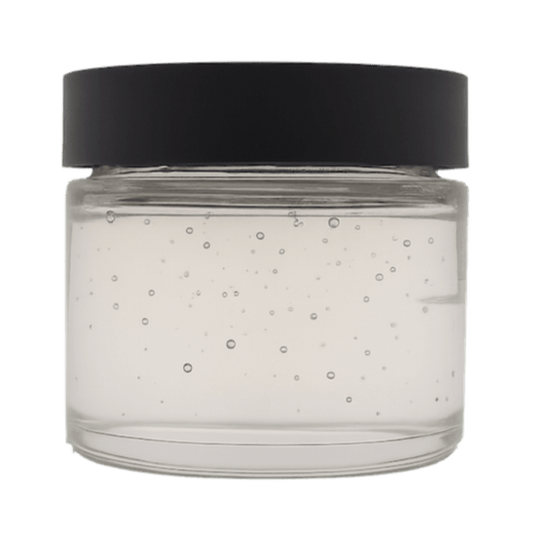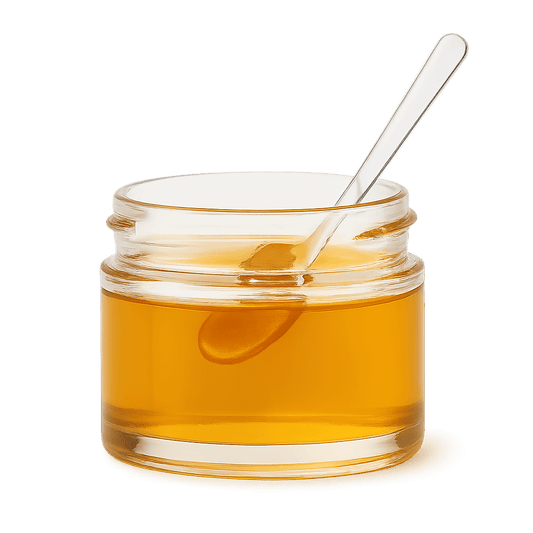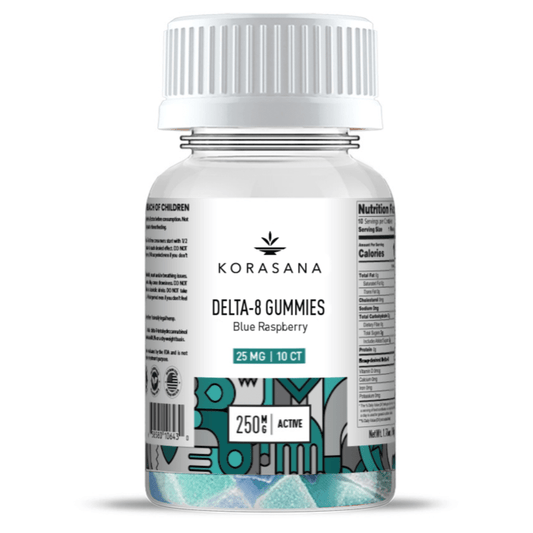Is Delta 8 THC Legal in Rhode Island?
NO - Delta 8 THC is Not Legal in Rhode Island
Delta-8 THC is illegal in Rhode Island. The state prohibits ingestible products containing any form of THC, which includes Delta 8. Although there might be some ambiguity in the laws, Rhode Island's stance on Delta-8 aligns with its prohibition on THC ingestible products.
Legal Status of Delta 8 in Rhode Island
Rhode Island's legal stance on Delta-8 THC is outlined through specific regulations and statutes that align with federal and state-level approaches to cannabis and its derivatives:
-
Controlled Substances Act: Rhode Island follows the federal Controlled Substances Act but also has its own set of state laws regulating controlled substances. Delta-8 THC, being a derivative of hemp or cannabis, falls under the scrutiny of these laws, particularly in how states interpret the legality of hemp-derived compounds following the 2018 Farm Bill.
-
Rhode Island General Laws: The state's specific regulations on cannabis and its derivatives can be found in the Rhode Island General Laws. These laws detail the state’s approach to controlled substances, including cannabinoids like Delta-8 THC. The legal nuances in Rhode Island concerning D8 THC revolve around its psychoactive properties and its derivation from both legal hemp and illegal marijuana.
-
2018 Farm Bill Compliance: The federal 2018 Farm Bill legalized hemp and its derivatives with less than 0.3% Delta 9 THC on a dry weight basis. However, the legality of Delta-8 is ambiguous at the federal level, and states have the autonomy to regulate it more strictly. Rhode Island's laws and regulations reflect a more conservative approach to cannabinoids, emphasizing public health and safety.
-
Specific State Bans and Regulations: States like Rhode Island have opted to specifically address or ban Delta 8 due to concerns about its psychoactive effects and the lack of regulation around its production and sale. This is typically done through amendments to state controlled substances laws or specific guidance from state health departments.
-
Rhode Island Department of Health Advisories: The Rhode Island Department of Health may issue advisories or guidance documents that clarify the state’s position on emerging cannabis derivatives, including Delta 8. These documents are crucial for understanding the practical implications of the law for businesses and consumers alike.
CHAPTER 2-26 – HEMP GROWTH ACT
2-26-3. Definitions
(2) “Cannabis” means all parts of the plant of the genus marijuana, also known as marijuana sativa L, whether growing or not; the seeds thereof; the resin extracted from any part of the plant; and every compound, manufacture, salt, derivative, mixture, or preparation of the plant, its seeds, or resin regardless of cannabinoid content or cannabinoid potency including “marijuana” and “industrial hemp” or “industrial hemp products” which satisfy the requirements of this chapter.
(3) “Cannabidiol” or “CBD” means cannabidiol (CBD) derived from a hemp plant as defined in §2-26-3(8), not including products derived from exempt cannabis plant material as defined in 21 C.F.R. §1308.35.
(8) “Hemp” or “industrial hemp” means the plant Cannabis sativa L. and any part of that plant, including the seeds thereof and all derivatives, extracts, cannabinoids, isomers, acids, salts, and salts of isomers, whether growing or not, with a delta-9 tetrahydrocannabinol concentration of not more than 0.3 percent on a dry weight or per volume basis regardless of moisture content, and which satisfies the requirements of this chapter.
(9) “Hemp-derived consumable CBD product” means any product meant for ingestion, including but not limited to concentrates, extracts, and cannabis-infused foods and products, which contains cannabidiol derived from a hemp plant as defined in § 2-26-3(8), which shall only be sold to persons age twenty-one (21) or older, and which shall not include products derived from exempt cannabis plant material as defined in 21 C.F.R. §1308.35.
(10) “Hemp products” or “industrial hemp products” means all products made from the plants, including, but not limited to, concentrated oil, cloth, cordage, fiber, food, fuel, hemp-derived consumable CBD products, paint, paper, construction materials, plastics, seed, seed meal, seed oil, and seed certified for cultivation., which satisfy the requirements of this chapter.
(13) “THC” means tetrahydrocannabinol, the principal psychoactive constituent of cannabis.
SECTION 3. Section 21-28-1.02 of Chapter 21-28 of the General Laws entitled “Uniform Controlled Substances Act” is hereby amended as follows:
§ 21-28-1.02. Definitions. [Effective until January 1, 2023.]
(30) “Marijuana” means all parts of the plant cannabis sativa L., whether growing or not; the seeds of the plant; the resin extracted from any part of the plant; and every compound, manufacture, salt, derivative, mixture, or preparation of the plant, its seeds or resin, but shall not include the mature stalks of the plant, fiber produced from the stalks, oil or cake made from the seeds of the plant, any other compound, manufacture, salt, derivative, mixture, or preparation of mature stalks, (except the resin extracted from it), fiber, oil or cake, or the sterilized seed from the plant which is incapable of germination. Marijuana shall not include “industrial hemp” or” industrial hemp products” which satisfy the requirements of chapter 2-26 of the general laws and the regulations promulgated thereunder.
TITLE 21 CODE OF FEDERAL REGULATIONS
§1308.11 Schedule I
(d) Hallucinogenic substances.
(23) Marihuana
(31) Tetrahydrocannabinols
Meaning tetrahydrocannabinols naturally contained in a plant of the genus Cannabis (cannabis plant), as well as synthetic equivalents of the substances contained in the cannabis plant, or in the resinous extractives of such plant, and/or synthetic substances, derivatives, and their isomers with similar chemical structure and pharmacological activity to those substances contained in the plant, such as the following:
1 cis or trans tetrahydrocannabinol, and their optical isomers
6 cis or trans tetrahydrocannabinol, and their optical isomers
3,4 cis or trans tetrahydrocannabinol, and its optical isomers
§1308.35
Exemption of certain cannabis plant material, and products made therefrom, that contain tetrahydrocannabinols.
(a) Any processed plant material or animal feed mixture containing any amount of tetrahydrocannabinols (THC) that is both:
(1) Made from any portion of a plant of the genus Cannabis excluded from the definition of marijuana under the Act [i.e., the mature stalks of such plant, fiber produced from such stalks, oil or cake made from the seeds of such plant, any other compound, manufacture, salt, derivative, mixture, or preparation of such mature stalks (except the resin extracted therefrom), fiber, oil, or cake, or the sterilized seed of such plant which is incapable of germination] and
(2) Not used, or intended for use, for human consumption, has been exempted by the Administrator from the application of the Act and this chapter.
(b) As used in this section, the following terms shall have the meanings specified:
(1) The term processed plant material means cannabis plant material that has been subject to industrial processes, or mixed with other ingredients, such that it cannot readily be converted into any form that can be used for human consumption.
(2) The term animal feed mixture means sterilized cannabis seeds mixed with other ingredients (not derived from the cannabis plant) in a formulation that is designed, marketed, and distributed for animal consumption (and not for human consumption).
(3) The term used for human consumption means either:
(i) Ingested orally or (ii) Applied by any means such that THC enters the human body.
(4) The term intended for use for human consumption means any of the following:
(i) Designed by the manufacturer for human consumption; (ii) Marketed for human consumption; or (iii) Distributed, exported, or imported, with the intent that it be used for human consumption.
(c) In any proceeding arising under the Act or this chapter, the burden of going forward with the evidence that a material, compound, mixture, or preparation containing THC is exempt from control pursuant to this section shall be upon the person claiming such exemption, as set forth in section 515(a)(1) of the Act (21 U.S.C. 885(a)(1)). In order to meet this burden with respect to a product or plant material that has not been expressly exempted from control by the Administrator pursuant to Sec. 1308.23, the person claiming the exemption must present rigorous scientific evidence, including well-documented scientific studies by experts trained and qualified to evaluate the effects of drugs on humans.
While Rhode Island's legal framework does not single out Delta 8 explicitly in the way it does Delta 9 (the primary psychoactive component of cannabis), the state's regulations on THC-containing products and controlled substances generally encompass Delta-8, leading to its prohibition, especially in ingestible forms. It's important for residents and businesses to stay informed about the latest legal interpretations and enforcement practices related to cannabis derivatives in Rhode Island.
The information provided on this website does not, and is not intended to, constitute legal advice or any statements regarding the status of any laws. The information, content, and materials present on this site are for general informational purposes only and should not be relied upon for any specific purpose. Laws vary across different states and are subject to change. Therefore, information on this website might not reflect the most recent legal or other developments. Read our full legal disclaimer HERE.






